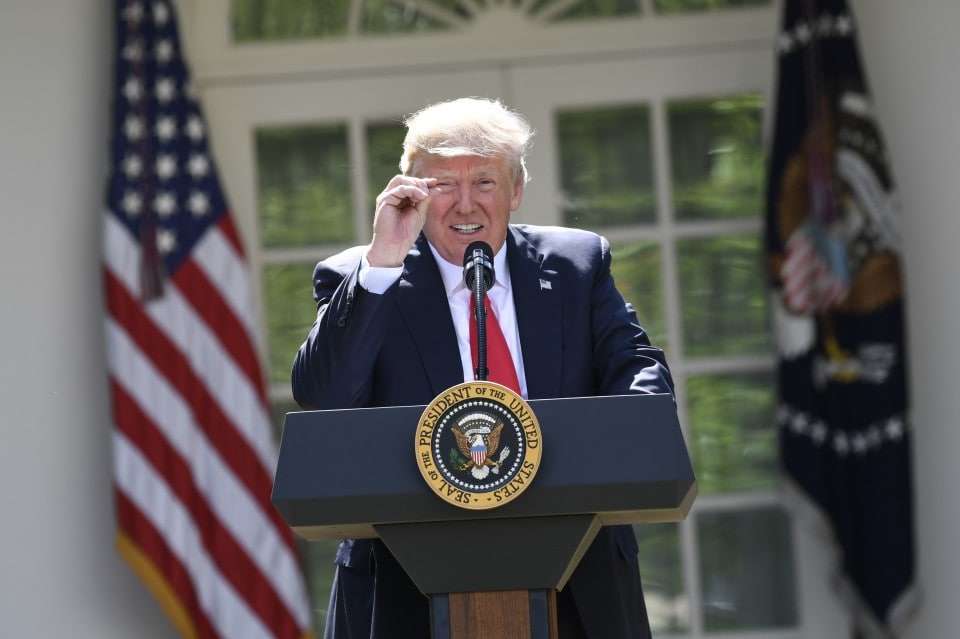The Volokh Conspiracy
Mostly law professors | Sometimes contrarian | Often libertarian | Always independent
States' 'Climate Alliance' raises questions about the Constitution's interstate compacts clause

In the wake of President Trump's announcement of the U.S. withdrawal from the Paris climate agreement, the governors of New York, California and Washington state have announced the formation of a "United States Climate Alliance," which will pursue the policies of Paris through their own joint action.
The alliance faces some potential constitutional challenges and limitations. The Interstate Compacts Clause, article I, section 10, clause 3 provides that "no state … may enter into any Agreement or Compact with another State, or with a foreign power," without the consent of Congress. Unlike the ethereal foreign affairs preemption doctrine (which I will discuss in a subsequent post), this is a clear textual limit on state power. Despite the Constitution's clear "no," the Supreme Court in the 20th century has limited the scope of interstate "agreements" that the provision blocks.
Whether the alliance (not to be confused with the "Resistance") would count as an impermissible interstate compact depends of course on what it does, which is quite unclear now. If it merely represents a non-binding commitment to meet non-binding goals set by a non-binding treaty, a Compacts problem will probably be avoided.
Yet again, the atmospherics around the arrangement - an "alliance" designed to do that which otherwise would be done by the United States via an international treaty - is exactly the kind of side deal the Constitution sought to prevent states from cutting. Which is why when the details of the deal are made clear, it will probably just be hot air.


Hide Comments (0)
Editor's Note: We invite comments and request that they be civil and on-topic. We do not moderate or assume any responsibility for comments, which are owned by the readers who post them. Comments do not represent the views of Reason.com or Reason Foundation. We reserve the right to delete any comment for any reason at any time. Comments may only be edited within 5 minutes of posting. Report abuses.
Please to post comments
Mute this user?
Ban this user?
Un-ban this user?
Nuke this user?
Un-nuke this user?
Flag this comment?
Un-flag this comment?